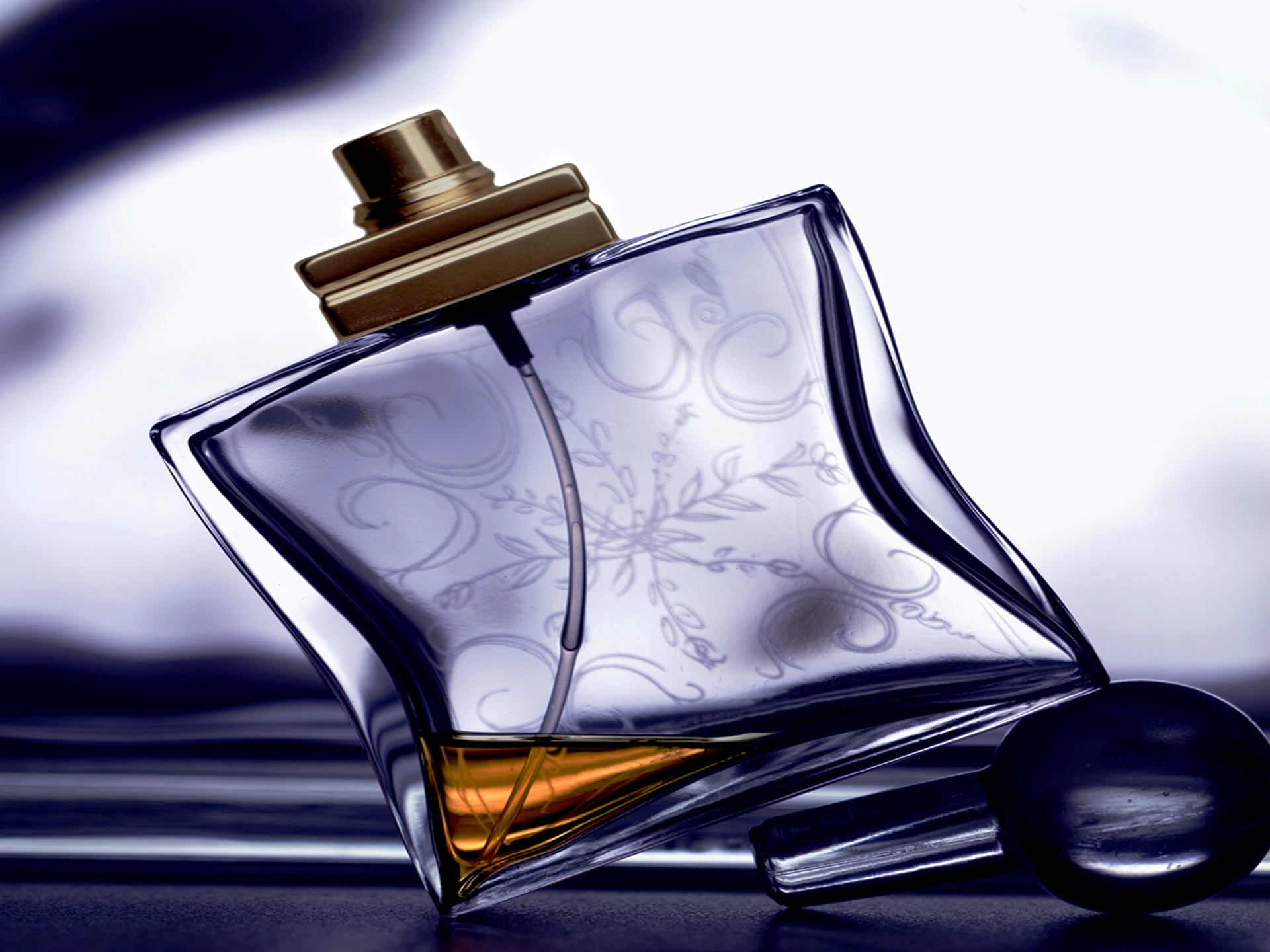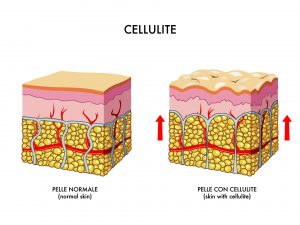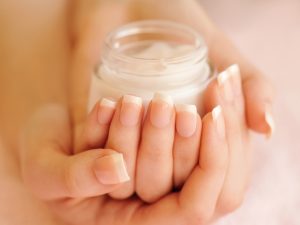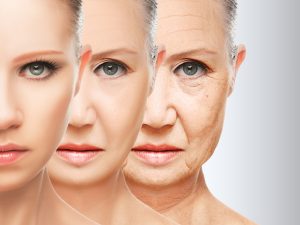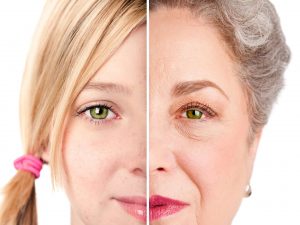Perfume and toiletries are a multi-billion industry. These days, celebrities have their customized perfumes, deodorants and fragrances that sell a lot. Deodorants promise to mask body odours and sweat and draw the opposite sex closer. However, most people buy perfumes or room fresheners without knowing the health hazards some of them could pose. Chemicals in perfumes The cologne advertised may draw women to you like moths to light. However, if you were to examine the contents of perfumes, colognes, shampoos, or soaps, you are likely to find hazardous, carcinogenic and noxious chemicals.
Acetone: Inhalation of acetone can cause dryness of the mouth and throat, dizziness, nausea, incoordination, slurred speech, drowsiness. Acetone acts primarily as a central nervous system (CNS) depressant.
Benzaldehyde: Benzaldehyde is a narcotic and acts as local anesthetic. It causes irritation to the mouth, throat, eyes, and gastrointestinal discomfort. It can also cause kidney damage.
Benzyl Acetate: It is a carcinogen linked to pancreatic cancer. Benzyl Acetate is also known for causing irritation in the eyes and respiratory passage, leading to cough when inhaled.
Benzyl Alcohol: It causes irritation to the skin, eyes, numbness of area where it is applied and may cause headache.
Camphor: It is a local irritant and CNS stimulant. It is readily absorbed through skin locally and causes irritation of eyes, nose and throat, as well as dizziness, confusion, nausea, twitching muscles and convulsions.
Ethanol: Ethanol is on the US Environment Protection Agency’s Hazardous Waste list. It can cause fatigue, irritation in the eyes and upper respiratory tract even in low concentrations. Inhalation of ethanol vapors can have effects similar to those characteristic of ingestion. These include an initial stimulatory effect followed by drowsiness, impaired vision, ataxia, and stupor. Besides these, there are also other ones like Ethyl Acetate, Limonene, Linalool and Methylene Chloride. Some of these substances have been banned by most countries, but yet continue to thrive in your perfume bottles. If you develop symptoms like severe rashes, vomiting or any of the symptoms mentioned above in the list of hazardous chemicals, then seek medical help immediately and do preserve the perfume bottle that you suspect caused your condition. You can approach the consumer council or standards committee near you for redressal. Ultimately, if smelling good is the aim then try and remain in good physical shape and having a healthy diet with regular habits can open out the sweat pores and get rid of all toxins. You will smell naturally good that way and can even boast the best perfume i.e. natural you!
